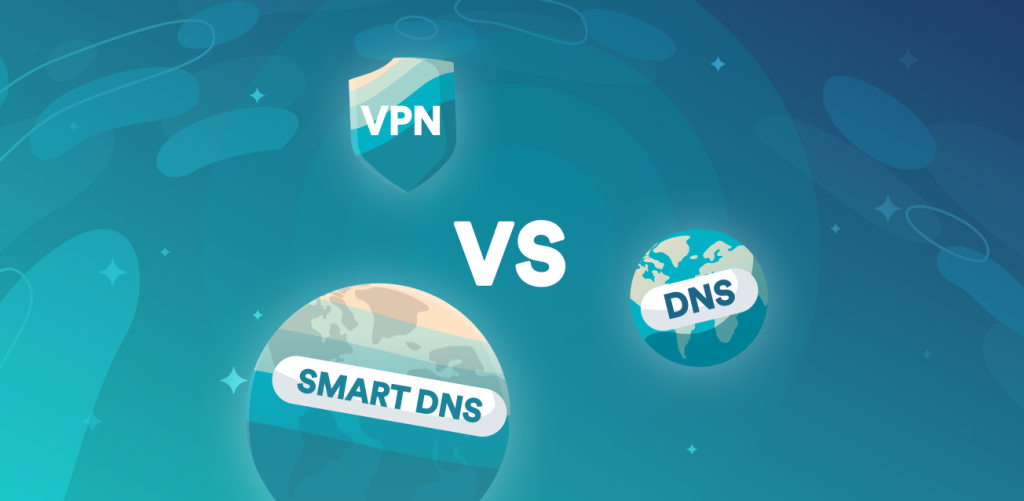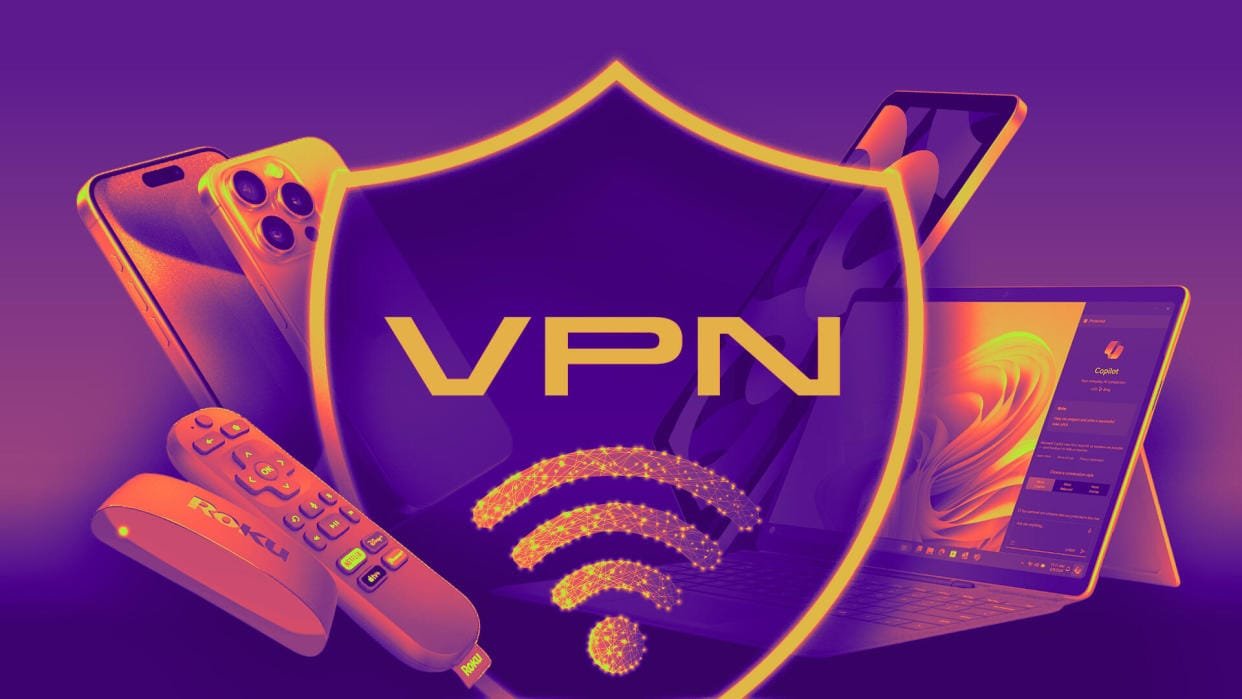🔐 Next-Gen VPNs Are Here
A few years ago, using a VPN was as simple as clicking a button to “hide your IP.” That was enough for casual users and even for most privacy-focused professionals.
But things have changed—a lot.
As someone who has reviewed dozens of VPNs over the past 10 years, I’ve watched cyber threats evolve from basic phishing attacks to machine-learning-powered surveillance tools and AI-enhanced malware. And guess what? VPNs have stepped up, too.
Today’s next-gen VPNs aren’t just better—they’re smarter. They don’t just mask your IP. They adapt, react, and even predict threats in real time.
Let’s break down what makes these advanced VPNs different, and why it might be time for you to upgrade your digital armor.
🧠 What Makes a VPN “Next-Gen”?
Traditional VPNs focused on three things:
Mask your IP address.
Encrypt your internet connection.
Let you bypass geo-restrictions.
While that’s still important, next-generation VPNs go several steps further. They’re built to keep up with evolving threats like deep packet inspection, government censorship, and cybercriminals who use AI to exploit vulnerabilities.
Key Features of Next-Gen VPNs:
AI-based threat detection and prevention
Obfuscated servers that hide VPN usage from firewalls
Multi-hop routing for extra anonymity
RAM-only servers that wipe all data on reboot
WireGuard and quantum-resistant encryption protocols
These are no longer “nice-to-have” features—they’re quickly becoming essential.

🔒 Smarter Encryption Protocols Are the New Standard
Let’s talk encryption—because not all VPNs are created equal.
Say Goodbye to OpenVPN (Well, Kind Of)
OpenVPN has been the gold standard for years, but WireGuard is the future. It’s faster, leaner, and significantly more secure.
I switched to a WireGuard-based VPN (like Mullvad VPN) last year, and the difference in performance was night and day. Streaming, gaming, and video conferencing all got smoother—and I still had full military-grade protection.
What About Quantum-Resistant Encryption?
This one’s still emerging, but it’s big. Some VPNs are experimenting with post-quantum cryptographic algorithms that could protect data even against future quantum computer attacks. This isn’t science fiction—governments are already planning for it.
If you want to stay ahead of the curve, look for providers researching or offering this (like ProtonVPN).
🤖 AI-Powered Threat Detection
This is one of the most exciting (and underhyped) features in next-gen VPNs.
Some services now use machine learning to detect unusual patterns in your traffic, such as:
Multiple failed login attempts
Sudden IP spoofing attempts
Man-in-the-middle attacks
Instead of just sitting idle, these VPNs actively respond—blocking suspicious traffic, rerouting your connection, or automatically killing your session to keep you safe.
It’s like having a digital bodyguard who doesn’t sleep.

🕵️♂️ Bypassing Blocks with Obfuscation Technology
One of the biggest issues in places like China, Russia, or even workplaces and schools is that VPNs are often blockedoutright. Regular VPNs leave signatures that firewalls can detect.
Enter Stealth VPNs
Next-gen VPNs use obfuscation protocols (like Shadowsocks, Stunnel, or custom stealth modes) to disguise VPN traffic as normal HTTPS traffic. This helps users:
Access uncensored information in restricted regions
Avoid throttling from ISPs
Keep their VPN usage completely under the radar
📌 Real Example: Surfshark’s NoBorders Mode enables stealth connections in countries where VPN usage is restricted. It’s been a game-changer for travelers and expats alike.
🔐 Smarter Privacy: Beyond Just “No Logs”
The term “no-logs” is everywhere—but next-gen VPNs back it up with independent audits, RAM-only servers, and jurisdiction transparency.
Here’s What to Look For:
RAM-only architecture: Wipes all user data with every reboot
Independent audits: Reputable firms verifying the provider’s no-log claim
Based in privacy-respecting countries: Avoid VPNs based in 5/9/14 Eyes jurisdictions
Services like NordVPN and ExpressVPN now run on RAM-only infrastructure for this very reason. If your provider isn’t there yet, it might be time to reconsider.

🧭 Bonus: Multi-Hop VPN Routing
For those who want maximum anonymity, multi-hop VPNs route your traffic through two or more encrypted servers in different countries. This makes it nearly impossible to trace.
Think of it like bouncing your signal across the globe before landing at your destination.
Should You Use It?
I personally use multi-hop when I’m working on sensitive research or traveling abroad. It’s overkill for streaming Netflix—but perfect for journalists, activists, or anyone who needs high-stakes privacy.
Providers like IVPN and ProtonVPN offer built-in multi-hop modes.
Final Thoughts: The Future Is Smarter—and More Secure
If you’re still using a basic VPN just to access geo-blocked content, you’re missing out. The internet is getting smarter—and more dangerous. Thankfully, so are VPNs.
To recap, next-gen VPNs offer:
AI-driven threat protection
Quantum-safe encryption (in development)
Obfuscation to bypass VPN blocks
Smarter privacy tools like RAM-only servers
Multi-hop routing for advanced anonymity
And while they might sound complex, many of these features are now baked into easy-to-use apps—just a toggle away.
If you care about privacy, speed, and staying a step ahead of hackers, it’s worth exploring what a next-gen VPN can offer. The digital world is evolving. Your protection should, too.






